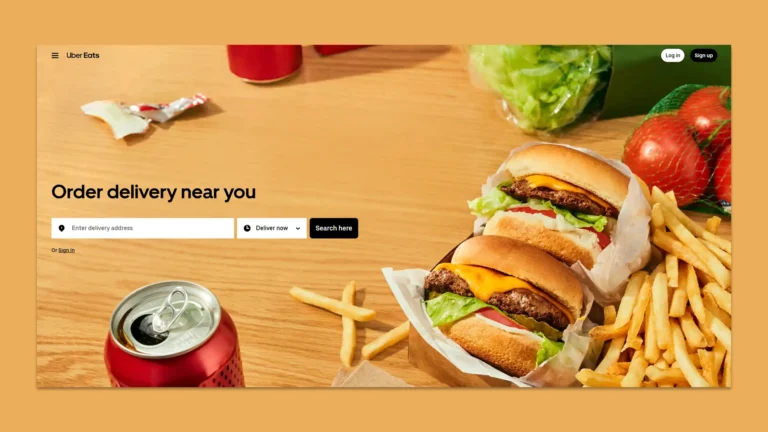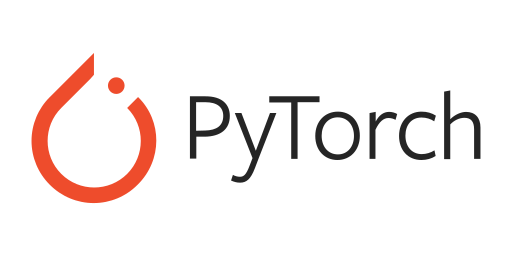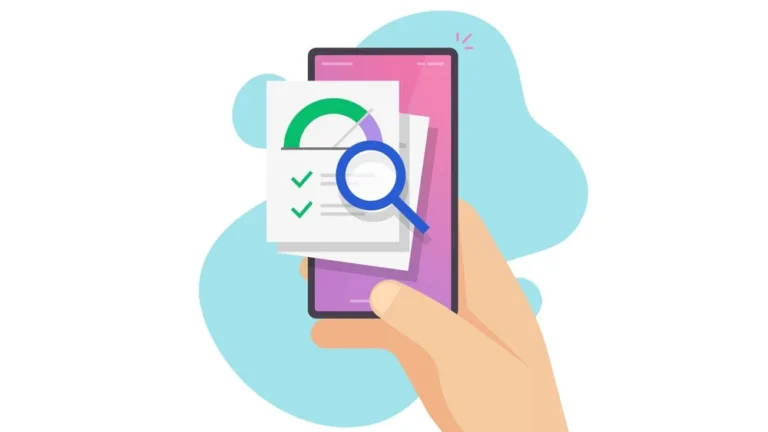The work environment nowadays is one that is evolving rapidly. That is why a lot of people tend to ask how companies can stay competitive and ensure that their teams and business workers remain productive. There is an answer that solves all of the dilemmas surrounding this topic. The solution is to invest in custom workplace apps. Unlike generic applications, these solutions are tailored to meet a company’s unique needs. They are specifically designed to target customized workflows and help enhance a team’s efficiency. Custom workplace apps allow employees to have a smoother communication experience, which leads to a high employee satisfaction rate.
Imagine having a tool that can seamlessly integrate within your current systems. Additionally, this is a tool that can streamline tasks and adapt to fit the nuances of your business. Sounds great and ideal, right? But how can custom workplace apps achieve such a goal and make it come true? This is possible through the process of automating repetitive processes and the creation of specialized tools. These are apps that free up valuable time. Additionally, they empower teams to focus on high-impact work in a more efficient way and without having other tasks to worry about losing their time trying to finish them. Moreover, with a custom app solution, companies have the ability to prioritize data security. This ensures that their sensitive information remains protected. Ultimately, custom workplace apps are transforming productivity, helping businesses to operate more efficiently and employees to work more effectively. Don’t you think it’s time to consider a tailored app for your workplace? If your answer is yes, then this guide will help you understand and learn how to develop the best custom workplace app for your workplace or business.

There is a reason for everything that we prioritize in life. That is why I am here today telling you why custom workplace apps are of great importance. The answer lies in the limitations of generic, one-size-fits-all applications. In other words, I think that workplaces need to have an app that plays the role of their one-place-stop. While there is a percentage of convenience in off-the-shelf solutions, you may find that they often lack the flexibility to address specific business needs. This unfortunately fosters creating gaps in efficiency and functionality. Have you ever used a tool that doesn’t quite fit the way your team works, forcing everyone to adapt to the software instead of the other way around? This is where custom apps make all the difference in the world.
These are apps that, again, are tailored to target and address your specific needs for your organization. They enable you to have more effective workflows, which in turn reduces the time that employees spend on redundant tasks. Additionally, they offer the benefit of being “adaptable.” As companies get to enjoy the capability of tweaking features as their needs evolve or expand. Moreover, these apps, when designed correctly, prioritize the security of your business data. They simply provide you with a protective layer of control over sensitive information that you may fear to have leaked or known. This makes them such a reliable choice in today’s data-driven world.
The Many Benefits of Apps For Businesses
Contents

When considering custom workplace apps, what specific advantages can they bring to a business? The benefits are substantial, helping companies operate more effectively and supporting employee needs. Here’s how workplace custom apps can transform workplace productivity:
- Increased Efficiency and Productivity: By automating repetitive tasks and streamlining workflows, custom apps free up employees. That is, to focus on more complex, high-value work. This leads to measurable time savings and improved output across departments. It’s a win-win!
- Enhanced Communication and Collaboration: Is your team struggling with scattered communication channels? Are they suffering from having to run across a variety of apps to communicate with different departments within your organization? Custom apps can bring all communication tools together in one place. This allows for seamless collaboration between departments. Tailored features, such as team chat rooms, shared dashboards, or project-specific notifications, foster real-time coordination. Additionally, they ensure that everyone stays on the same page. This is something that, if you ask me, every business workplace needs.
- Improved Employee Engagement and Satisfaction: How does a custom app impact employee experience? When tools align closely with employees’ needs, they feel supported and valued. Custom apps can be designed with user-friendly interfaces and functionalities that cater to specific job roles. This makes daily tasks smoother and more enjoyable. It simply allows employees to have time to breathe. It can boost morale, engagement, and even retention.
- Data Security and Compliance: With sensitive business information at stake, security is of the essence. Custom apps allow businesses to implement tailored security measures and comply with industry regulations. This helps reduce the risk of data breaches and fosters higher security rates. For industries like healthcare or finance, this is especially crucial, as it ensures both legal compliance and peace of mind.
Examples of Workplace Custom Apps: Their Types and More
With all of that being said, with the benefits, importance and definition of workplace custom apps, let’s uncover some key examples and types that will help you understand this guide better. First, project management and task-tracking apps allow teams to oversee progress on various projects in real time. With customized features, teams can prioritize tasks, set deadlines, and integrate with existing systems. This will help with keeping everyone aligned and with eliminating or even minimizing delays.
Next, employee portals and HR management apps. These are apps that streamline human resources processes by offering personalized portals where employees can view benefits, access training materials, and manage schedules. These tools reduce HR workloads and give employees a centralized and safe space for having and gathering essential information.
Another powerful tool is the custom CRM (customer relationship management) app, tailored for sales and customer service teams. Unlike off-the-shelf CRMs, a custom solution can include specific client data fields, follow-up reminders, and sales reporting tailored to a company’s unique processes, enabling more meaningful and efficient customer interactions.
Lastly, inventory and logistics management apps make tracking inventory across multiple locations easier and more accurate. Through the process of tailoring features for particular inventory needs, such as automated alerts for low stock or real-time shipping updates, companies can reduce downtime and improve stock availability.
Steps to Develop Business Custom Apps: No-Code and Traditional Methods
Creating a custom workplace app may sound complex, but breaking it down into clear steps makes the process both manageable and rewarding. First, ask yourself: What specific needs does our business have, and how can a custom app meet them? Identifying these goals early helps shape your app’s core functionality. I know that it could vary, but that doesn’t matter; they’re, after all, customized solutions. Whether it’s improving team collaboration, automating task workflows, or managing resources more effectively. Once you have a clear vision, you’ll need to decide how to build the app. Working with a developer is one route, but more companies are choosing no-code solutions for their simplicity and flexibility.
A no-code app builder, like nandbox’s native app builder, is an excellent option to start with; it enables teams to design functional, scalable apps without the technical complexity, meaning faster deployment and easier adjustments. After building the initial version, how can you ensure it’s truly effective? You can do so by actively testing it with employees and gathering feedback. This step is crucial; employees are the end-users and often provide insights to fine-tune features, improve usability, and add any missing functionality. Iterating based on this feedback results in an app that is better tailored to daily workflows, increasing adoption and satisfaction.
Final Thoughts!
In today’s dynamic business landscape, tailored solutions like custom workplace apps are essential for boosting efficiency, streamlining processes, and enhancing team collaboration. They address specific needs and through that, they get to empower teams and improve their overall performance. Done understanding the need and importance for custom workplace apps? Let us discuss business and let me tell you briefly what nandbox’s app builder can do to help.
With nandbox, you can create HR management tools, inventory tracking systems, and more, all tailored to your company’s exact needs, without the need for any extensive coding processes. Start building a solution that drives success directly from within your organization with nandbox!





